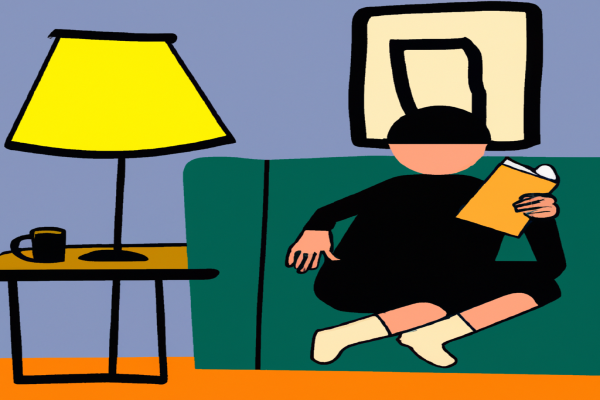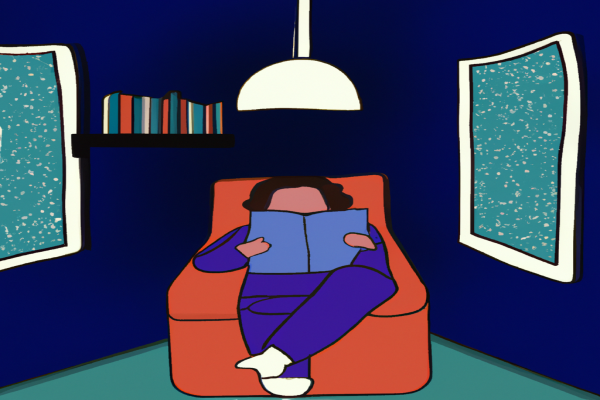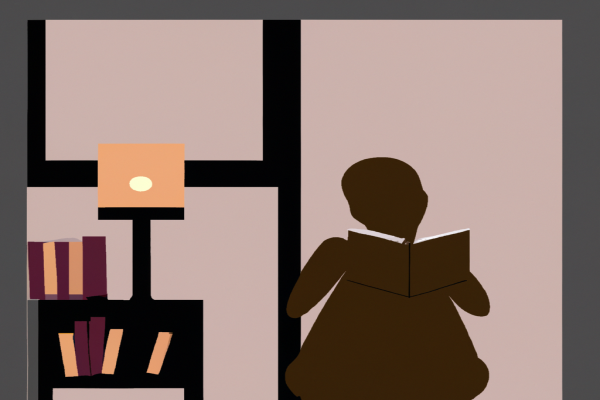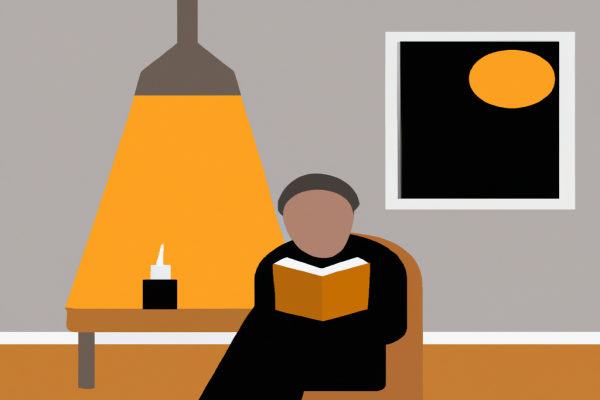Frankenstein: Summary
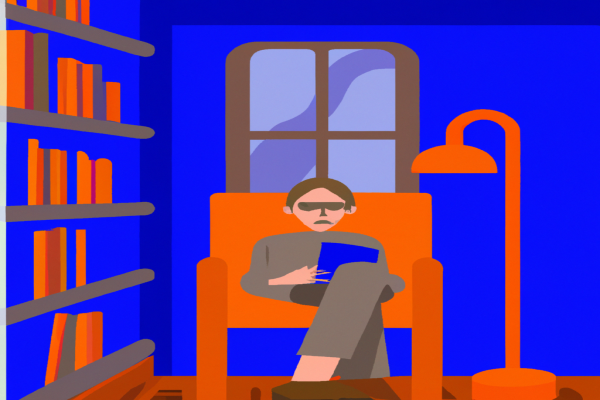
Frankenstein is a classic horror story written by Mary Shelley in 1818. It tells the story of Victor Frankenstein, a scientist who creates a monster out of dead body parts. The monster is rejected by society and ultimately seeks revenge against Victor for abandoning him. In the end, Victor dies while trying to pursue the monster to the northernmost part of the world and the creature is never heard from again. Ultimately, it is a cautionary tale of ambition, loneliness and the consequences of playing God.
Want to know more?
What is Frankenstein about?
Frankenstein by Mary Shelley is an iconic Gothic horror novel about the dangers of playing God. The story focuses on Victor Frankenstein, a brilliant young scientist who creates a creature—known as the Creature—from the body parts of corpses. Despite his initial enthusiasm, Frankenstein soon realizes the mistake he has made and abandons the Creature. The Creature becomes increasingly frustrated and angry at humanity’s rejection and begins a campaign of revenge against his creator, Victor. Alongside this narrative are themes of responsibility, justice, revenge, acceptance and isolation. Victor is ultimately responsible for unleashing a monster on the world and must bear the consequences of his actions. The Creature is forced to suffer for his sins because of his physical appearance. Revenge and justice clash as both characters fight for their own sense of morality in a battle between good and evil. Ultimately, Victor and the Creature must come to terms with their differences in order to find acceptance within society. The novel also explores themes of loneliness and alienation as both characters feel isolated from society due to their difference from other people.
Frankenstein: Book Club Questions
- What is the main theme of Frankenstein?
- How does Frankenstein's creation reflect aspects of the creator's personality?
- Did Victor Frankenstein have a moral responsibility to accept and care for his creation?
- How do Mary Shelley's themes of romanticism and gothic horror play out in the novel?
- What are some of the implications of science and technology on humanity in the novel?
- What is the significance of nature in the novel?
- How does Frankenstein explore notions of identity and belonging?
- In what ways does the novel use symbolism to convey meaning?
- Does Victor Frankenstein bear any responsibility for the death of his loved ones?
- How does Shelley portray gender roles in her novel?
What to say about Frankenstein
- Frankenstein is a powerful and thought-provoking exploration of the consequences of unchecked ambition.
- Mary Shelley's juxtaposition of the sublime and the grotesque creates a unique and unsettling atmosphere.
- The complex relationship between Victor Frankenstein and his creation is a fascinating representation of power dynamics.
- Frankenstein serves as an important cautionary tale about the dangers of technology and science run amok.
- Shelley's examination of human nature and morality through Frankenstein's actions is extremely insightful.
- The novel skillfully blends horror and science fiction to create a truly compelling piece of literature.
- Frankenstein grapples with questions of identity, autonomy, and responsibility in a way that remains relevant today.
- Shelley's ability to evoke empathy for both Victor and his monster demonstrates her mastery of characterization.
- By blurring the lines between creator and created, Shelley stimulates readers to reflect on their own sense of humanity and purpose.
- The narrative structure employed in Frankenstein continues to influence literature in many ways even today.
Top 5 Quotes from Frankenstein
- "Beware; for I am fearless, and therefore powerful."
- "It was on a dreary night of November that I beheld the accomplishment of my toils."
- "Learn from me, if not by my precepts, at least by my example, how dangerous is the acquirement of knowledge and how much happier that man is who believes his native town to be the world, than he who aspires to become greater than his nature will allow."
- "I had worked hard for nearly two years, for the sole purpose of infusing life into an inanimate body."
- "You may despise me, but still obey me."
Adaptations of Frankenstein
TV: - Frankenstein: The True Story (1973) - Frankenstein and Me (1996) - Frankenstein (2004) - Frankenhole (2010–2012) - Penny Dreadful (2014–2016) - Victor Frankenstein (2015) - Van Helsing (2016–present) - The Frankenstein Chronicles (2017–present) Film: - Frankenstein (1910) - Bride of Frankenstein (1935) - Son of Frankenstein (1939) - House of Frankenstein (1944) - Abbott and Costello Meet Frankenstein (1948) - Curse of Frankenstein (1957) - The Curse of the Mummy's Tomb (1964) - Young Frankenstein (1974) - Mary Shelley's Frankenstein (1994) - Van Helsing (2004) - I, Frankenstein (2014). Radio: - Frankenstein, adapted by Orson Welles in 1938 as an episode of "The Mercury Theatre on the Air" Podcast: - “Frankenstein”, a fictional audio drama podcast released in 2017.
Other books by Mary Wollstonecraft Shelley
- The Last Man
- Mathilda
- Valperga
- Perkin Warbeck
- Lodore
- Falkner
- The Fields of Fancy
- The Fate of the Elder Gods
- The Mortal Immortal
- The Banquet
- Posthumous Fragments of Margaret Nicholson
- A Vindication of the Rights of Men and Women and Other Writings
- Rambles in Germany and Italy in 1840, 1842 and 1843
- Travels in England in 1814
Did you know?
Frankenstein was first published anonymously in 1818.

